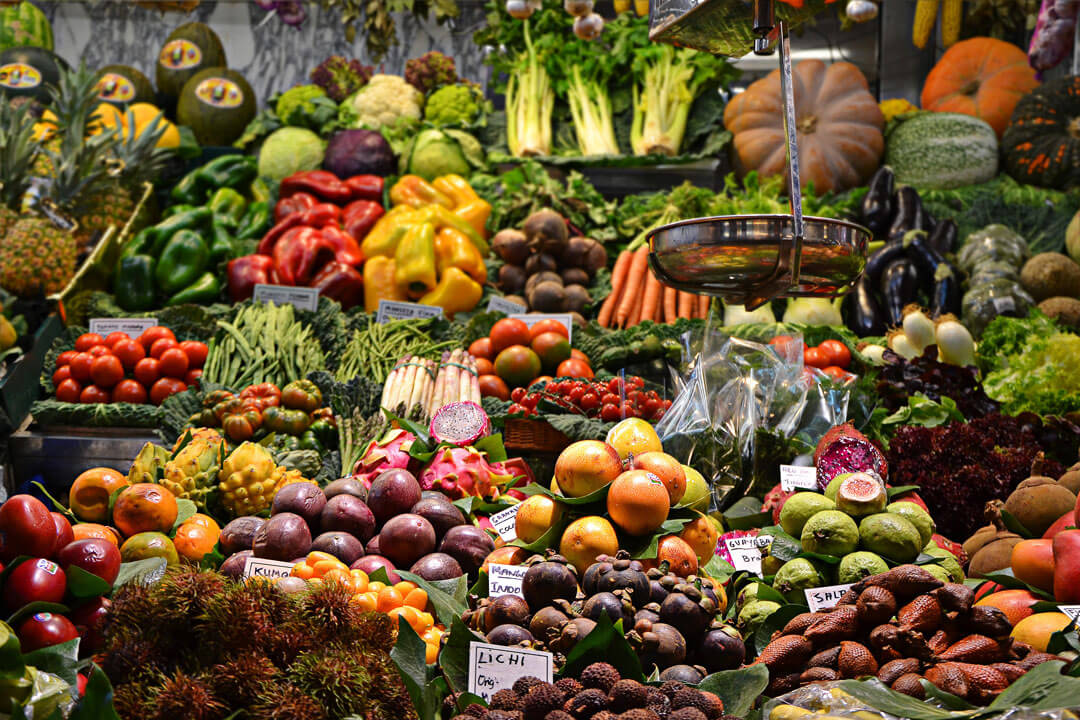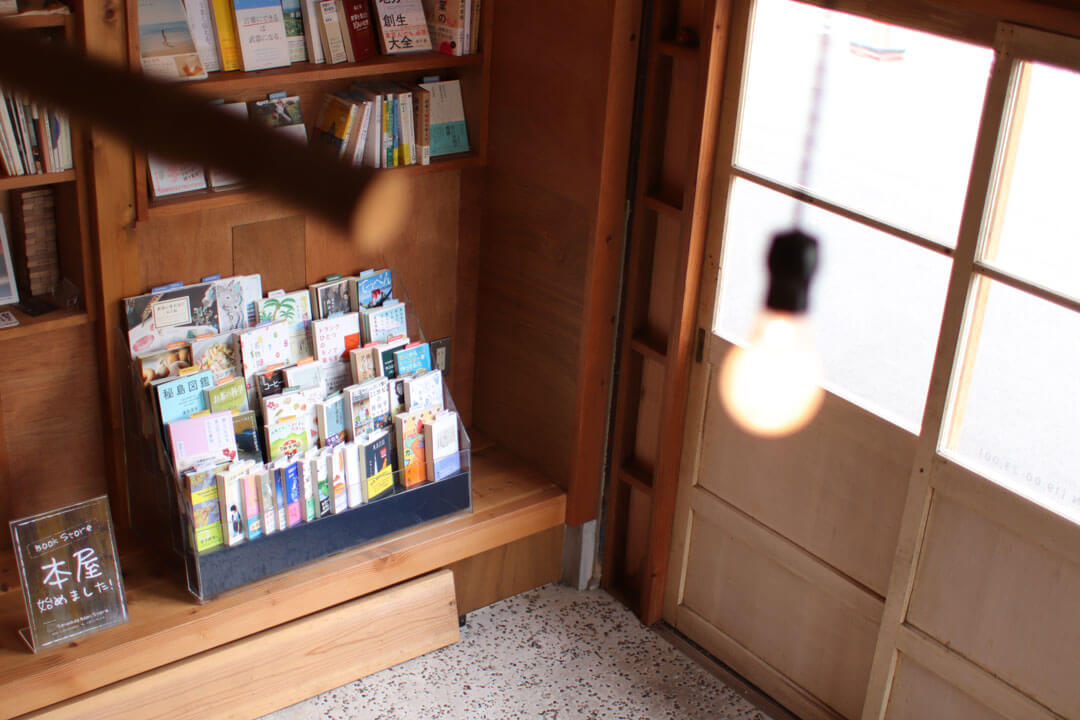Travelling solo is a personal journey—both literally and figuratively. There’s a sense of freedom in travel that’s experienced a little differently when done alone. Of course, you’d get to try new things and visit new places as you would with travel companions, but you get to do all that on your own time and in your own way, enjoying a bit of travel autonomy in the process.
Just because you plan on travelling alone, doesn’t mean you have to struggle in situations where having a travel companion would be preferable. Solo travel can be challenging, but there are lots of travel hacks, tricks or tips you can use to make your experience the best one for you, regardless of company (or lack thereof).
1. Save money on your solo trip
Travelling can be costly, but there are ways to save money at different stages of your trip. If your goal is savings, then you have to be a bit strategic when planning out your trip. One advantage to being a solo traveller is having more flexibility when it comes to booking flights and accommodation. The more travellers in your party, the more likely you’ll run into conflicting schedules, which can sometimes lead you to miss out on good deals.
Timing is everything
- Book in advance to secure good deals before everyone else gets in on it. You can also book last-minute seats, which work out for solo travellers since there are usually only 1 or 2 left by the time they go on sale.
- It’s typically cheaper to fly out mid-week (Tuesday, Wednesday or Thursday) and sometimes even on Saturdays.
- Red-eye or early morning flights often have lower fare prices, too.
- Look for routes with longer layover times (8+ hours). You might save a little or a lot, depending on the route, so ask yourself if it’s worth your time.
- Take advantage of stopover programs hosted by some airlines that encourage you to stay at the layover destination for longer periods. Think of it as a bonus trip-within-a-trip! After all, you have complete control over your itinerary as a solo traveller.
Consider alternatives
- Although summer and winter holidays might work best with your schedule, travel in the off-season for better deals all around, accommodations included.
- Be flexible with departure and/or arrival locations. Sometimes larger cities will have more than 1 main airport, so consider ones that are a little further out to save you some money. Be aware of the extra commute this might entail, which can sometimes offset any savings you were aiming for!
- Take advantage of special offers for solo visitors, such as single city passes that grant discounted rates to tourist attractions or transportation.
- Avoid traditional hotels and resorts, and book your accommodation in capsule hotels, hostels, bed and breakfasts, homestays, farmstays, or even try couch surfing. These are all opportunities to meet fellow travellers and hosts, and converse with them on a more personal level.
- Apply for credit cards with travel rewards to finance your future travels.

Prepare ahead of time
- Check for any required vaccinations and get travel insurance—these will save you money in the long run if you ever become ill or encounter a medical emergency.
- If you’re travelling to certain countries for more than a few days, be sure your mobile phone is unlocked. Grab a local prepaid sim card where you’re going and save on roaming charges.
- Do some research and compare currency conversion rates back home and any international ATM withdrawal charges by your bank. It might be cheaper to withdraw money from a local ATM at your destination, which will give you local currency and potentially a one-time withdrawal fee.
- Learn the basics of your destination’s language—it not only helps you connect with locals better, but it will help you get around on your own with more ease, keep you aware of your surroundings, protect you from being taken advantage of as a lone tourist, and even give you a few haggling skills at some markets.
- Pack light and take only essentials with you. Jewelry is an inessential and often costly item that can easily be lost or stolen during your travels, especially with no one else to keep an eye out for you!
2. Go digital, pack analogue
Innovations in technology have made travel logistics a lot more efficient and convenient for travellers. By digitizing travel documents—saving PDFs of flight tickets, booking confirmations, travel insurance policies, and so on, and uploading them to the cloud for easy access—we’re able to fit virtually everything we need to travel into a mobile device and a single backpack, freeing up clutter. Yet relying too much on technology can have its drawbacks (think shoddy cell service or lack of WiFi access), so you’ll need to balance it out with ‘old-fashioned’ measures, too.
- Pack your mobile devices with entertainment to fill in those lonely little wait periods in between commutes or trips. Grab a few ebooks, download some TV shows and movies, or load up on some good music or podcasts.
- Invest in a good power bank (with a minimum capacity of 10,000 mAh), as you never know when your mobile devices will run out of battery. There might come a time when finding a wall outlet becomes nearly impossible (e.g. when you’re out in nature) or when you wish you could borrow a friend’s device.
- Take a foldable, physical map with you (especially on road trips). If you ever find yourself lost in unfamiliar territory without GPS access, whether in a busy metropolis or in a wide-open countryside, you’ll be able to use the map to navigate your way out of the problem. Alternatively, you can download an offline version of Google Maps, but you’ll have to do it ahead of time before you lose any WiFi access.
- Take a notepad and pen with you in case you need to write anything important down. It’s good to write down numbers and addresses at your destination too, in case your mobile device with crucial info gets lost or stolen.
- Make a packing list and keep it for the duration of your trip. This is helpful if you have multiple destinations on your itinerary, since you’ll know if you’ve forgotten to re-pack anything in your backpack or luggage at each stop.
3. Make the most out of your solo trip
Travel smart
- Be wary of tourist traps—restaurants, cafes, bars, and shops that cater to locals can often be found just a few blocks from the main tourist path.
- Do a bit of research on tourist scams that might be common in the areas you’re visiting.
- Don’t put all your eggs in one basket (or all your cash in one pocket)!
- Allow for mistakes and delays, especially when you’re visiting somewhere for the first time. There’s a bit of a learning curve each time you try to figure out how to get around a large city’s infrastructure.
- Trust your instincts—sometimes they’ll keep you out of danger; other times, they’ll lead you to great discoveries.

Travel safely
- Keep at least one person back home updated on your whereabouts, especially if you have multiple destinations planned for your trip.
- Always be mindful of your surroundings, particularly in unfamiliar territory or when you can’t understand the local language. Stay alert and vigilant!
- Walk with purpose; don’t stick out by overtly looking lost (even if you really are lost) or you might look like an easy target for the wrong people.
- Take only what you need with you when you’re out and about—leave unnecessary and cumbersome items back in your accommodation.
- Practice moderation with alcohol.
Travel purposefully
- Learn to live with less, even temporarily.
- Show open-mindedness and respect to other cultures, languages, customs and individuals.
- Be introspective: try to discover what kind of traveller you are and be open to life lessons. Think about what’s really important in life after seeing many others live in different ways.
- Leave your comfort zone—do things you may not necessarily do back home, such as befriending strangers. Smile, say hello when appropriate, and make connections, even brief ones.
- If you ever get lonely or homesick, just remember that you’re travelling for yourself and for your personal growth.

There’s no one right way to travel solo, but you will need adequate forethought. However you choose to do it, remember to leave plenty of room for spontaneous moments—these are the little perks that solo travellers get to enjoy by virtue of travelling alone and being responsible only for themselves. And though it requires you to leave your friends, family, significant other or pets behind for a while, it also opens doors for new acquaintances or, if you’re lucky, even lifelong friends; so even when you’re travelling alone, you don’t necessarily have to be alone.
Safe travels,
Justin
